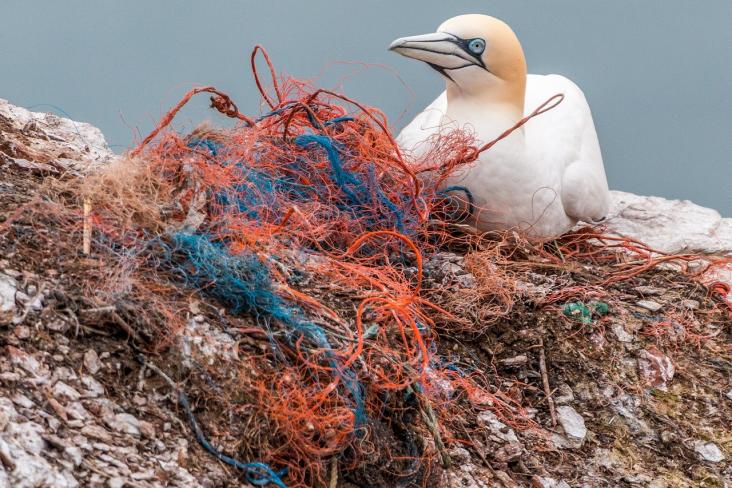World Intellectual Property Day 2024 is highlighting the critical importance of intellectual property (IP) in catalyzing the human innovation and creativity needed for achievement of the United Nations Sustainable Development Goals (SDGs). This paper integrates innovation research with intellectual property law to explore how such a systemic collaboration for sustainable innovation should be characterised, and how the intellectual property rights (IPR) system could be shaped to support it. The paper highlights that reaching sustainability objectives depends on system-level innovations; system-level innovation for sustainability calls for new forms of collaboration; current IPR regime limits systemic collaborations for sustainable innovations and new IPR system and tools are needed to facilitate systemic collaboration.
Elsevier,
Handbook of Food and Feed from Microalgae: Production, Application, Regulation, and Sustainability, 2023, pp 603-610
This chapter aligns with Goal 2: Zero Hunger and Goal 12: Responsible Consumption by exploring the energy and water consumption needs of microalgal production for food production to determine whether microalgae can be considered a sustainable food.

To mark the 50th Anniversary of World Environment Day on 5 June 2023, Elsevier proudly presents a curated list of publicly available journal articles and book chapters in support of this year's theme “Solutions to Plastics Pollution”. Please share and download.
World Intellectual Property Day 2024 is highlighting the critical importance of intellectual property (IP) in catalyzing the human innovation and creativity needed for achievement of the United Nations Sustainable Development Goals (SDGs). This study contributes to the literature by uncovering the tensions in developing a national-level intellectual property rights strategy. The results highlight that the development of intellectual property rights system is challenged by a lack of inclusiveness, matching capabilities, and high levels of disagreement among the stakeholders on development paths.
Fisheries Research, Volume 265, 2023, 106744

A critical reflection on fisheries conservation in the Mekong River is offered here. Adaptive co-management helped balance conservation and livelihood outcomes. No-take zones facilitated basic fish conservation measures led by local fishermen. Fishermen perceiving livelihood benefits of conservation supported no-take zones. Long-term mechanisms to support community-led conservation initiatives are needed.
This chapter aligns with Goal 3: Good Health and Wellbeing, Goal 12: Responsible Consumption, and Goal 15: Life on Land by acknowledging how the conservation of water resources is imperative to the continued sustainability of life, particularly in arid regions. By utilizing resources in a highly managed, efficient and targeted way for agricultural purposes there is less lost to waste.

RX, a RELX business, has published the RX Sustainability Playbook to support event and operations teams in making more sustainable choices when planning conferences and events. This resource is useful for anyone looking reduce the carbon footprint and waste in their events and is related to SDGs 12 and 13.
This study provides a better understanding of the burrowing behaviour of the sub-legal size clams discarded on the sediment after being disturbed and contributes important data to improve practices for minimizing mortality of dislodged clams that are discarded on the sediment surface.
This study shows that agricultural water consumption tends to use internal water resources at a maximum level for export and national use, significantly impacting renewable and non-renewable water resource availability, especially in groundwater.
This study aims to identify the factors that constrain and enable the sustainability of reusable packaging systems, considering environmental, economic, social and technical dimensions. This research is critical to the effective implementation and scale-up of reusable packaging systems.
